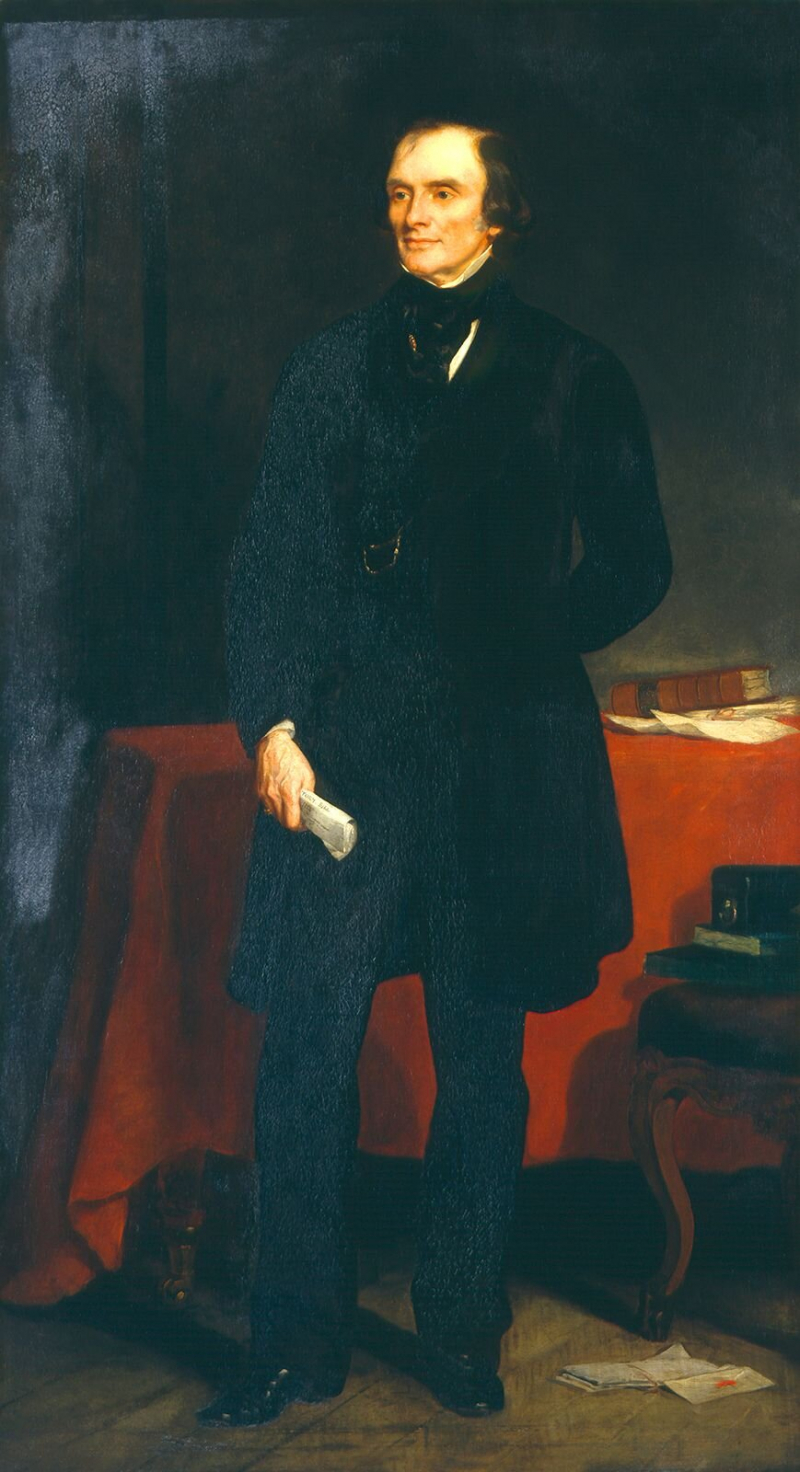He dedicated himself early to legislative reform
One of the interesting facts about John Russell is that starting in 1819, Russell developed an interest in reforming Parliament and rose to the position of leader of the Whig party's reformist wing. He remained in this position throughout the whole 1820s, making legislative reform both his cause and the cause of the party. The Sacramental Test bill, which Russell submitted in 1828 while still a backbencher in the opposition, sought to end the ban on Catholics and Protestant dissidents being elected to local government and holding civil and military positions. Sir Robert Peel, the Tory home secretary, supported the legislation, which led to its passage into law.
Along with cabinet members Lord Durham, Lord Duncannon, and Sir James Graham, he was one of the four people Grey assigned to the committee to design the reform bill. Russell was chosen to propose the measure in March 1831 despite not yet being in the Cabinet, and over the next year, he successfully guided the Reform Act's challenging path through the Commons. The result is he was a key figure in the opposition to the Reform Act of 1832 and earned the moniker "Finality Jack" because he referred to it as a "final measure." Russell continued to attempt to reform the Whig party and steer it toward the new Liberal party under his immediate successor, William Gladstone, even though the working class saw him as hostile to any further reform. He gained national fame overnight.












